How Psyllium Husk Works For Weight Loss (Science Backed)
Learn more about this super-ingredient and how it may help you shed those extra pounds.
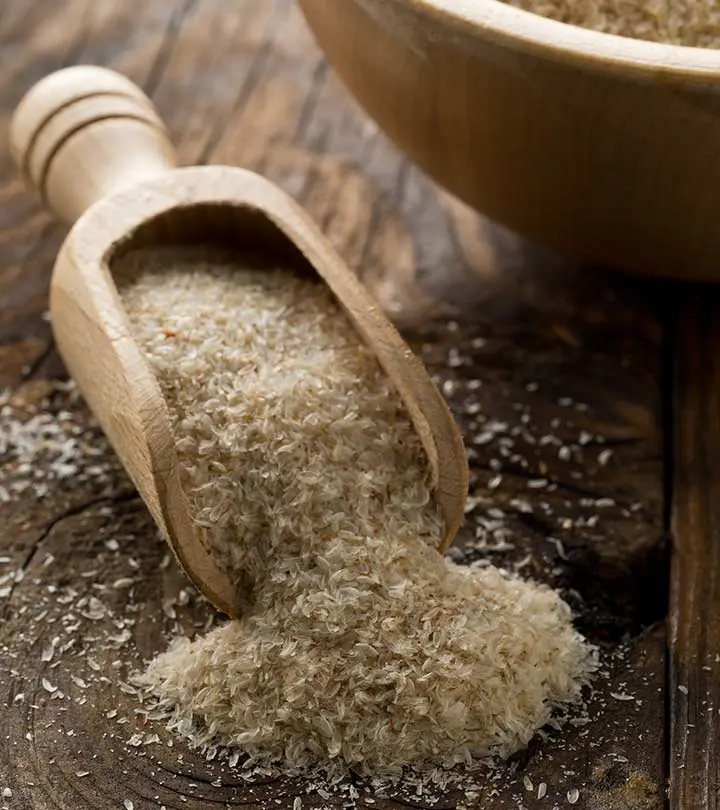
Image: Shutterstock
Isabgol for weight loss is gaining attention these days. It is also known as Psyllium husk, which is used as a laxative to relieve constipation. Isabgol is the outer layer of the seeds of the plant Plantago ovata. Many believe that isabgol can aid weight loss, especially because it contains 8X more soluble fiber than oats (1).
Do you want to try isabgol to lose weight? If yes, read this post. You will know how it aids weight loss, whether it is safe, and other benefits. Scroll down.
In This Article
How Psyllium Husk Aids Weight Loss
Psyllium husk has many benefits. The nutrient-dense and low-carb psyllium husk aids weight loss by pushing the body toward the fat loss phase and improving various body functions.
The psyllium plant is mainly grown in India, Bangladesh, and Pakistan and is known as isabgol (Persian: asp – horse and gul – flower). The seeds have been used in traditional Iranian medicine since ages. Psyllium husk is a good source of fatty acids and starch and is used as an additive in animal feed as well.
How does psyllium husk aid weight loss? Here are 6 scientific ways:
1. Increases Satiety
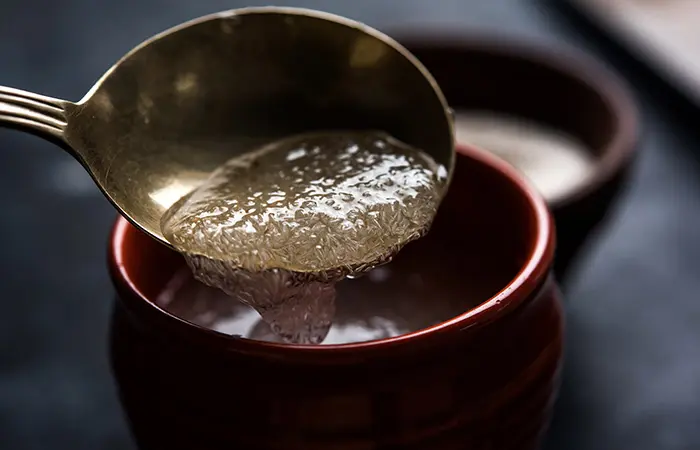
A study by American scientists shows that psyllium husk aids greater satietyi The feeling of fullness and reduced hunger after eating that helps to regulate food intake. and reduces hunger pangs (2). Psyllium contains soluble dietary fiber, which forms a gel-like layer after coming in contact with water. This layer helps slow down the transit of food through the stomach, resulting in increased satiety (3). It is one of the richest fiber foods for weight loss.
Psyllium husk works as an appetite suppressant without affecting the energy levels. This aids weight loss.
2. Acts As A Laxative
In a study published in Current Medical Research and Opinion, scientists found that psyllium husk to be the most efficient laxativei A substance that helps relieve constipation and encourages bowel movements. . It helped treat constipation and reduced abdominal pain and diarrhea better than other laxatives (4).
Psyllium is a home remedy for constipation. The fiber helps draw water from the body and adds bulk to the stool, thereby improving gut movement (5). This helps in building a healthy gut and strong immune system and effectively helps in losing weight. Here are some more high-fiber foods for weight loss.
3. Improves Lipid Profile
Researchers from New Zealand conducted a study on 47 15-16-year-old participants. The participants consumed 6 g of psyllium husk for six weeks. Their body composition, insulin sensitivity, lipid profile, and blood pressure were measured. The fiber in the psyllium husk reduced bad (LDL) cholesterol and fat (by 4%) in the participants (6).
4. Reduces Cholesterol

Scientists at the Washington State University experimented with seven participants. They were on 21 g/day psyllium husk supplementation for three weeks. By the end of the third week, the total cholesterol was considerably low (7). Psyllium husk may also be effective in lowering cholesterol in postmenopausal women (8).
5. Improves Glucose Homeostasis
The soluble fiber present in the psyllium husk not only increases satiety but also improves glucose homeostasisi The precisely controlled interaction between the hormones glucagon and insulin to keep blood sugar levels at their ideal range. . In a study, type 2 diabetes patients were supplemented with psyllium husk for eight weeks, which helped in maintaining a low-glycemic index response. It improved their insulin levels, glucose tolerance, and aided in healthy metabolism (9).
6. Lowers Blood Glucose
Psyllium husk also acts as a blood sugar regulator and helps lower blood glucose levels by increasing satiety levels. A study published in the British Medical Journal showed that due to the slowing down of the transit time of the food, the blood glucose levels did not rise suddenly after a meal (10).
7. Helps Treat Metabolic Syndrome
According to scientists Supreeya Swaroop and Roman Zeltser, “Metabolic syndromei A group of health issues that increase the risk of type 2 diabetes, heart disease, and stroke. is an accumulation of several disorders, which together raise the risk of an individual developing atherosclerotic cardiovascular diseasei The gradual hardening and constriction of your arteries due to the buildup of cholesterol and fat plaques. , insulin resistance, and diabetes mellitus, and vascular and neurological complications such as a cerebrovascular accident.” (11)
A study published in the Journal of Clinical Gastroenterology shows that psyllium intake helps lower bad cholesterol, improves triglyceride levelsi The amount of fat in the blood, affecting heart health and metabolism. and satiety, reduces blood pressure, and aids weight loss. All of these, together, help treat metabolic syndrome (12).
 Did You Know?
Did You Know?These are the seven ways in which psyllium husk aids weight loss. But how to take it? Find out in the next section.
Key Takeaways
- The soluble fibers in psyllium husk form a gel-like layer after coming in contact with water and keep you full for a long time.
- By improving your satiety levels, psyllium husk may lower blood glucose levels and improve insulin resistance.
- Including psyllium in your diet may help add bulk to the stool to relieve constipation and improve gut movement.
- You can simply consume psyllium husk for weight loss by adding it to water or to smoothies and pancakes.
How To Consume Psyllium Husk
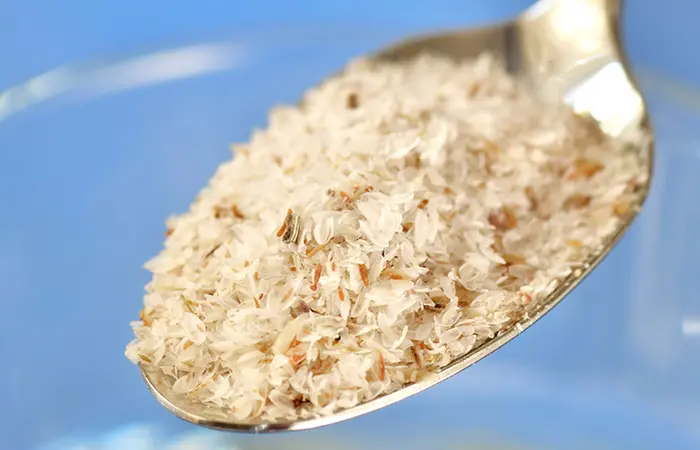
Barbara Kovalenko, a nutrition consultant, says, “The best form of psyllium to take is the pure psyllium husk powder. It’s free from added sugars and artificial flavors.”
You can consume the low-fat psyllium or isabgol in the following ways:
- Mix psyllium powder in a glass of warm water. Add a tablespoon of lime juice and drink it.
- Mix psyllium husk in half a glass of water and drink it immediately. Follow it up with another glass of water.
- Add psyllium husk to cakes, smoothies, and pancakes.
Now, the main question is, how much psyllium should you consume? Check out the answer in the next section.
How Much Psyllium Husk To Take In A Day?
You may consume the recommended dosage as per the bottle. According to the Harvard Medical School, you need to consume 10-20 grams of psyllium husk per day with 8 ounces of water to lower cholesterol (13).
Another study showed that 20 g per day might be the optimum dosage of psyllium husk to prevent constipation (14).
We suggest that you take your doctor’s opinion on the dosage of this plant-based nutrition additive.
What is the best time to consume psyllium husk or isabgol? It is all explained below.
What Is The Best Time To Consume Psyllium Husk?
The best time to consume psyllium husk or isabgol for weight loss is in the morning before breakfast or at night before going to bed.
Tip: Do not consume it right before or after meals.
Apart from maintaining bowel regularity and aiding weight loss, there are other benefits of consuming psyllium husk. Find out what they are in the following section.
Other Benefits Of Psyllium Husk

- Helps improve heart health by lowering LDL (bad) cholesterol.
- Relieves acidity by preventing excess acid formation in the gut.
- Helps improve digestive health.
- Helps patients with type 2 diabetes by lowering insulin and glucose levels.
- Helps treat diarrhea.
- The fiber in the husk helps improve the number and variety of good gut bacteria and digestive enzymes.
- Helps treat blood pressure.
However, psyllium husk has a few side effects that you should be aware of. Take a look.
Side Effects
- Consuming too much of psyllium husk to lose weight quickly can lead to diarrhea, bloating, and inflammation of the stomach lining.
- It may aggravate IBS/IBDi A spectrum of illnesses that lead to gastrointestinal pain and swelling from chronic inflammation. and stomach ulcers.
- You may find it difficult to swallow.
To avoid such side effects, you must know what precautions to take. Here’s a list.
Precautions
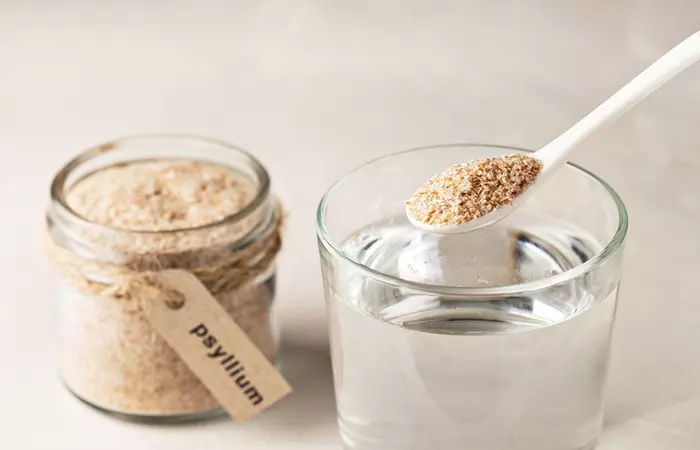
- Check if you are allergic to psyllium husk.
- Do not consume it if you are pregnant or have kidney disease.
- Start with a very low dosage (half a teaspoon with a glass of water).
- Always consult your doctor before taking any laxative for weight loss.
- Drink plenty of healthy fluids to avoid digestive problems.
- If you have IBS or diverticulitis, consult your doctor beforehand.
- Consult your doctor for guidance if you are pregnant or breastfeeding.
- Consult your doctor for long-term use.
For some quick psyllium husk recipes, check out the next section.
Quick Psyllium Husk Recipes For Weight Loss
Psyllium Husk Drink
Ingredients
- 1 teaspoon of psyllium husk
- 8 ounces (about 1 cup) of water
How To Prepare
- Pour 8 ounces (1 cup) of water into a glass.
- Add psyllium husk to the water.
- Stir quickly until the Psyllium Husk is well dissolved. Drink immediately.
Psyllium Husk Smoothie
Ingredients
- 1 ripe banana
- 1/2 cup of mixed berries
- 1 cup of water
- 1 teaspoon of psyllium husk
How To Prepare
- Peel and slice the ripe banana.
- Place the banana slices and mixed berries in a blender.
- Add Psyllium Husk to the blender.
- Pour in the water and blend until smooth. Your smoothie is ready!
Infographic: 5 Ways In Which Psyllium Husk Aids Weight Loss
Psyllium husk is a powerful laxative used for treating constipation. However, psyllium husk may also cause fat burning aid in weight loss due to its high-fiber content. To help you understand further, we have rounded up the 5 ways in which psyllium husk can help you shed those extra pounds in the infographic below. Illustration: StyleCraze Design Team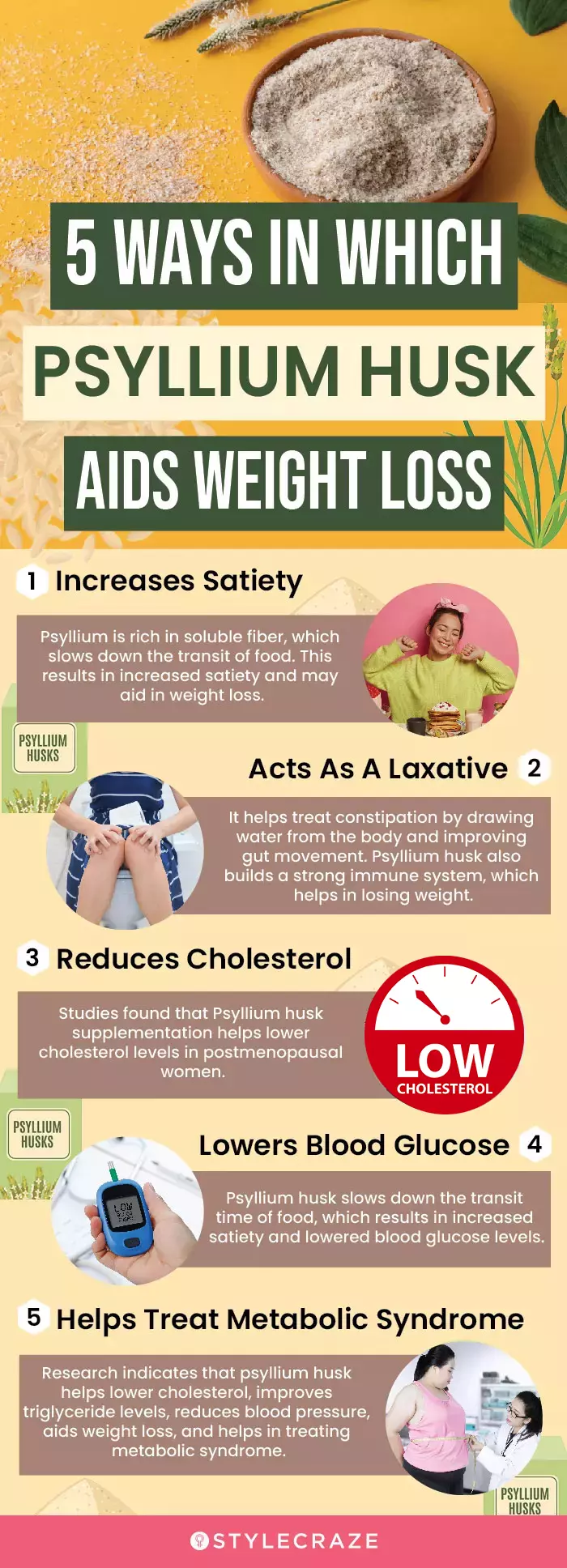
 Quick Tip
Quick TipIsabgol, or Psyllium husk, is a common folk remedy for relieving digestive tract issues and constipation. It improves digestion as it is a natural laxative that helps with a colon cleanse and fat burning. While it is a common practice to consume isabgol for weight loss, it is not recommended to do so. Maintaining a fit and healthy body requires one to follow a balanced diet and a regular exercise regimen. Frequent intake of laxatives is harmful to your body. However, you may use them if you want to jumpstart your metabolism after facing any gastrointestinal issues like constipation or bloating. Ensure you consult your health care provider before taking isabgol to avoid any health complications.
Frequently Asked Questions
Which is better: flaxseed or psyllium?
Barbara says, “Flaxseed and psyllium are both popular dietary supplements used for their potential health benefits, such as improving digestion and supporting weight loss. Flaxseed and psyllium are both rich in dietary fiber, but they have different properties and potential health benefits. Flaxseed is a good source of alpha-linolenic acid (ALA), an omega-3 fatty acid, while psyllium is a type of soluble fiber that is derived from the seeds of Plantago ovata.”
Is Metamucil the same as psyllium husk?
Barbara says, “Metamucil is a brand of psyllium supplement, but it’s not the same as psyllium husk. Metamucil is a powder that contains psyllium husk, sugar, and artificial flavors. Psyllium husk is the pure form of psyllium.”
Is psyllium better than oatmeal?
Barbara says, “In terms of weight loss, psyllium may be more effective than oatmeal as it’s a source of soluble fiber that can help to reduce hunger and promote feelings of fullness. However, oatmeal is a good source of complex carbohydrates and other essential nutrients.”
Does psyllium husk make you gain weight?
No, psyllium husk does not make you gain weight. It contains soluble fiber, which bulks stool, improves bowel movement, and increases satiety.
Is it ok to take psyllium husk every day?
No, do not take psyllium husk every day for weight loss. Talk to a licensed physician if you want to take psyllium husk for constipation treatment.
What are the dangers of using psyllium husk for weight loss?
Abusing psyllium husk to lose weight may cause diarrhea, nausea, bloating, inflammation of the stomach and GI tract lining, and ulcers. You can try other herbs for weight loss along with psyllium to make the process wholesome.
How long does it take to see results from using isabgol for weight loss?
The amount of time isabgol takes to show its results for weight loss may vary from person to person. In addition, it depends on dosage, factors like age, weight, and gender of the individual, and also on an exercise routine.
Is isabgol safe for long-term weight loss?
No, isabgol is not safe for long-term weight loss. Many anecdotal evidence suggests that the intake of isabgol for weight loss in the long term may reduce the absorption of certain nutrients such as iron, zinc, and vitamin B12.
Does isabgol have any interactions with medications or medical conditions?
Yes, isabgol may interfere with blood thinners, blood pressure, and blood glucose-regulating medications. From one pilot study, it affects the absorption of aspirin when taken along with it (16). However, more studies are needed to understand this phenomenon.
Does isabgol help in detoxification?
Yes, isabgol is rich in dietary fiber that may help in detoxification. However, limited data is available about its detoxifying nature.
What types of food should be avoided while taking isabgol for weight loss?
Avoid intake of refines sugars, processed or junk foods, dairy, and high fat or fried foods, as these foods are high in calories and unhealthy fats while taking isabgol for weight loss.
Illustration: How Psyllium Husk Works For Weight Loss (Science Backed)
_illustration.jpg.webp)
Image: Stable Diffusion/StyleCraze Design Team
Learn how psyllium husk can help you lose weight in the video below. Discover how this natural ingredient can help you reach your weight loss goals.
References
Articles on StyleCraze are backed by verified information from peer-reviewed and academic research papers, reputed organizations, research institutions, and medical associations to ensure accuracy and relevance. Read our editorial policy to learn more.
- “Psyllium (Plantago ovata) Husk: A Wonder Food for Good Health” International Journal of Science and Research.
- “Satiety effects of psyllium in healthy volunteers.” Appetite, US National Library of Medicine, National Institutes of Health.
- “Evidence-Based Approach to Fiber Supplements and Clinically Meaningful Health Benefits, Part 2” Nutrition Today, US National Library of Medicine, National Institutes of Health.
- “A multi-centre, general practice comparison of ispaghula husk with lactulose and other laxatives in the treatment of simple constipation.” Current Medical Research and Opinion, US National Library of Medicine, National Institutes of Health.
- “Diets for Constipation” Pediatric Gastroenterology, Hepatology & Nutrition, US National Library of Medicine, National Institutes of Health.
- “Psyllium Supplementation in Adolescents Improves Fat Distribution & Lipid Profile: A Randomized, Participant-Blinded, Placebo-Controlled, Crossover Trial” PLoSOne, US National Library of Medicine, National Institutes of Health.
- “Three-week psyllium-husk supplementation: effect on plasma cholesterol concentrations, fecal steroid excretion, and carbohydrate absorption in men.” The American Journal of Clinical Nutrition, US National Library of Medicine, National Institutes of Health.
- “Serum lipid responses to psyllium fiber: differences between pre- and post-menopausal, hypercholesterolemic women” Nutrition Journal, US National Library of Medicine, National Institutes of Health.
- “Soluble fibers from psyllium improve glycemic response and body weight among diabetes type 2 patients (randomized control trial)” Nutrition Journal, US National Library of Medicine, National Institutes of Health.
- “Dietary fibres, fibre analogues, and glucose tolerance: importance of viscosity.” British Medical Journal, US National Library of Medicine, National Institutes of Health.
- “Metabolic Syndrome” StatPearls, US National Library of Medicine, National Institutes of Health.
- “The right fiber for the right disease: an update on the psyllium seed husk and the metabolic syndrome.” Journal of Clinical Gastroenterology, US National Library of Medicine, National Institutes of Health.
- “Ask the doctor: How much psyllium is needed to lower cholesterol?” Harvard Health Publishing, Harvard Medical School, USA.
- “Optimum dosage of ispaghula husk in patients with irritable bowel syndrome: correlation of symptom relief with whole gut transit time and stool weight.” Gut, US National Library of Medicine, National Institutes of Health.
- “Psyllium Supplementation in Adolescents Improves Fat Distribution & Lipid Profile: A Randomized, Participant-Blinded, Placebo-Controlled, Crossover Trial.” National Library of Medicine
- “To study the effect of ‘Isabgol’ on absorption of ‘Aspirin’, Journal of Pharmacy and Bioallied Sciences.” US National Library of Medicine, National Institutes of Health.
Read full bio of Merlin Annie Raj
- Barbara Kovalenko is a nutritional consultant with 4 years of experience in nutrition and mindful eating coaching. She earned her bachelor's degree in nutrition from Bogomolets National Medical University, Ukraine and master's degree from Boston University, USA.
 Barbara Kovalenko is a nutritional consultant with 4 years of experience in nutrition and mindful eating coaching. She earned her bachelor's degree in nutrition from Bogomolets National Medical University, Ukraine and master's degree from Boston University, USA.
Barbara Kovalenko is a nutritional consultant with 4 years of experience in nutrition and mindful eating coaching. She earned her bachelor's degree in nutrition from Bogomolets National Medical University, Ukraine and master's degree from Boston University, USA.
Read full bio of Ravi Teja Tadimalla
Read full bio of Sindhu Koganti







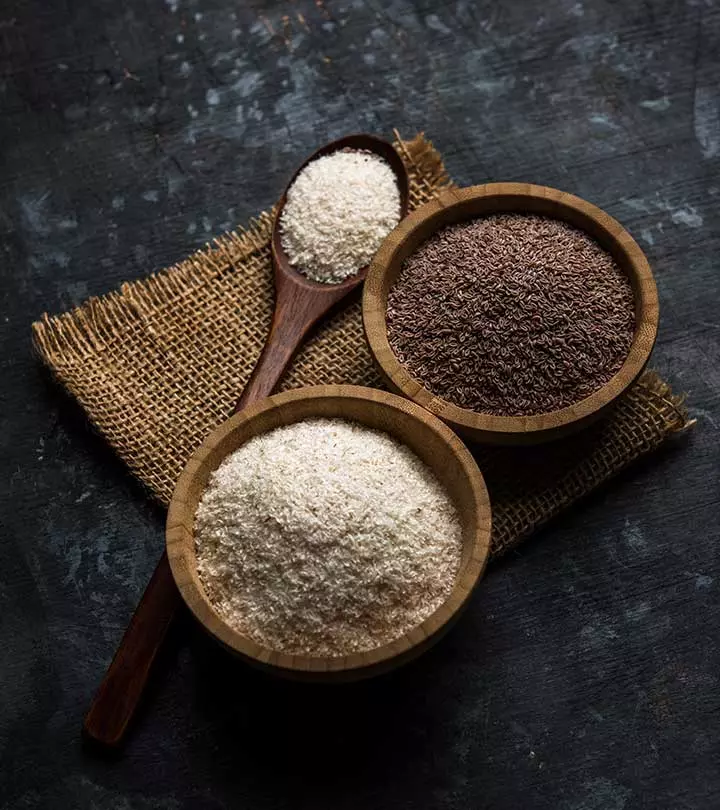


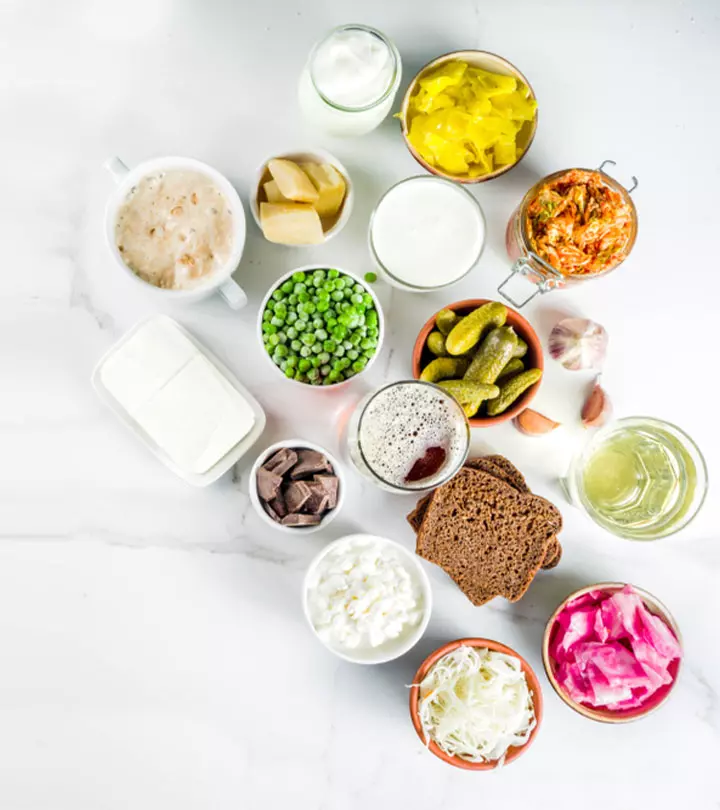
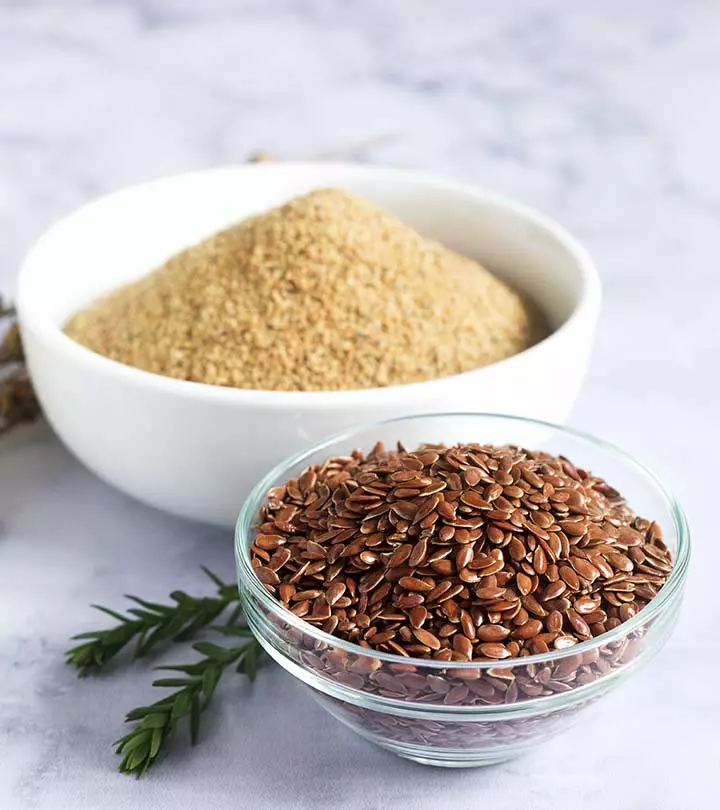

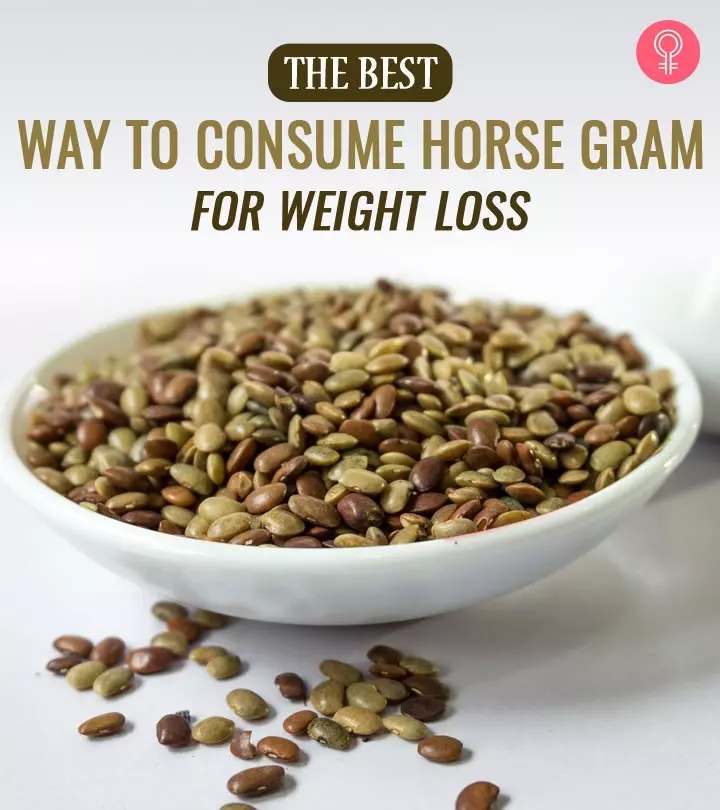
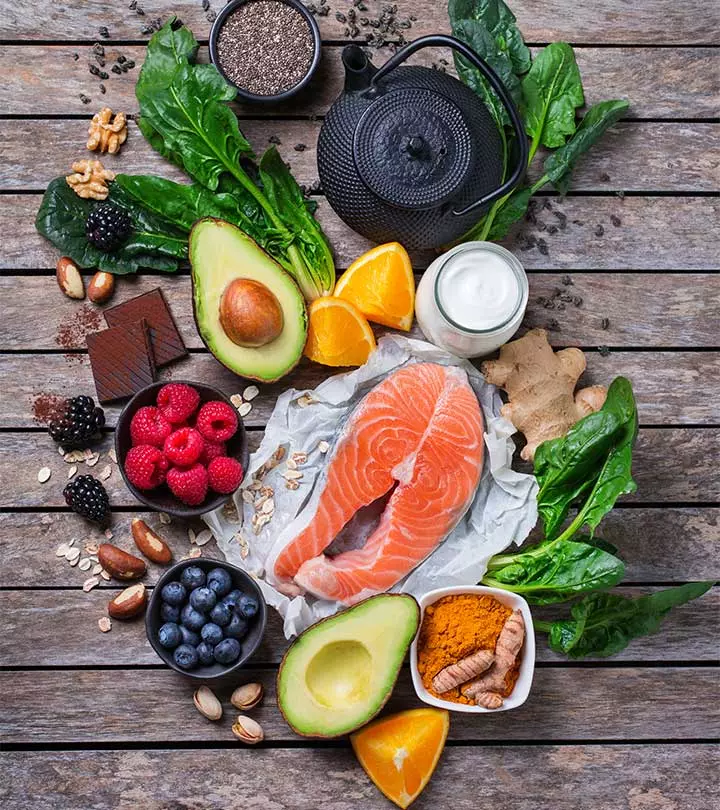


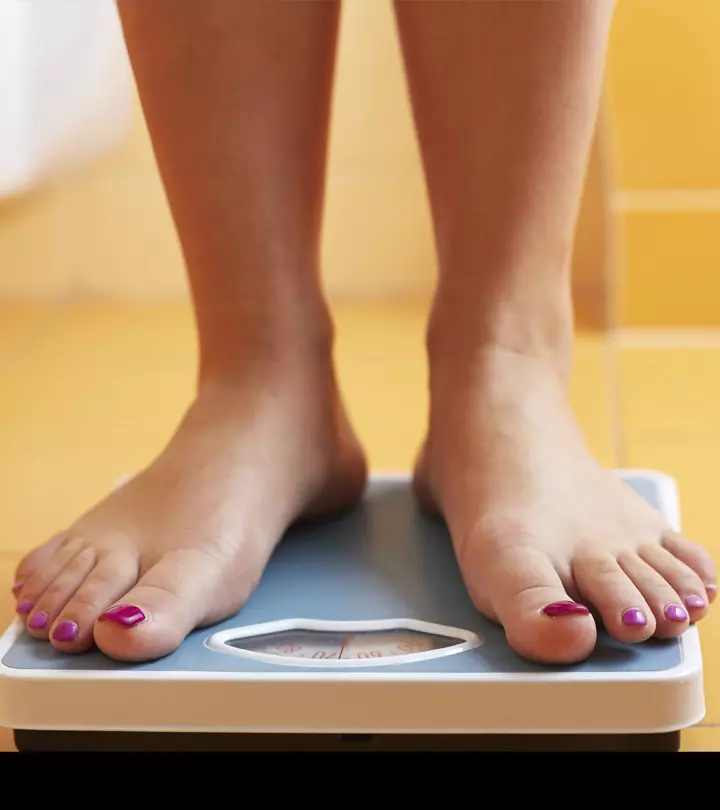






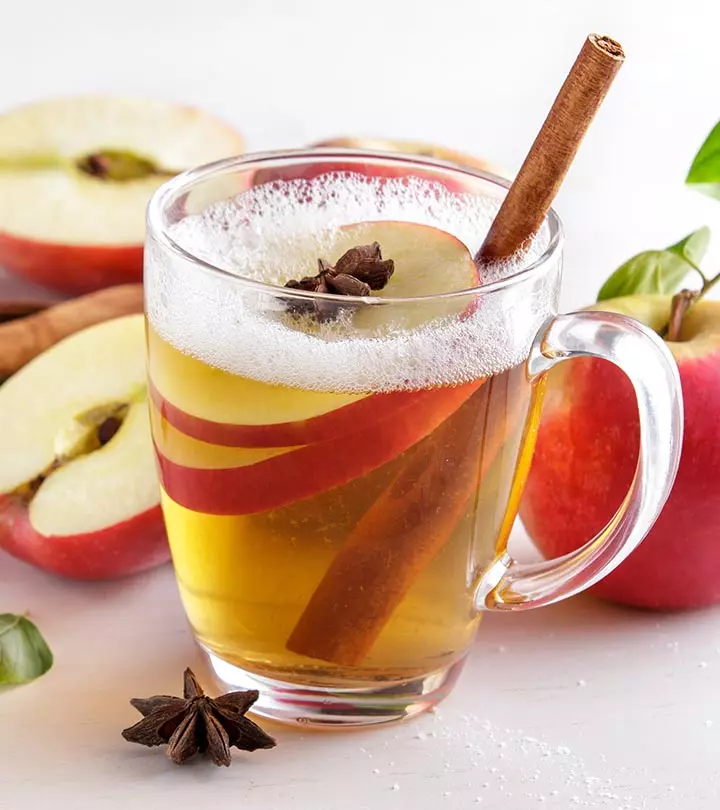


Community Experiences
Join the conversation and become a part of our empowering community! Share your stories, experiences, and insights to connect with other beauty, lifestyle, and health enthusiasts.